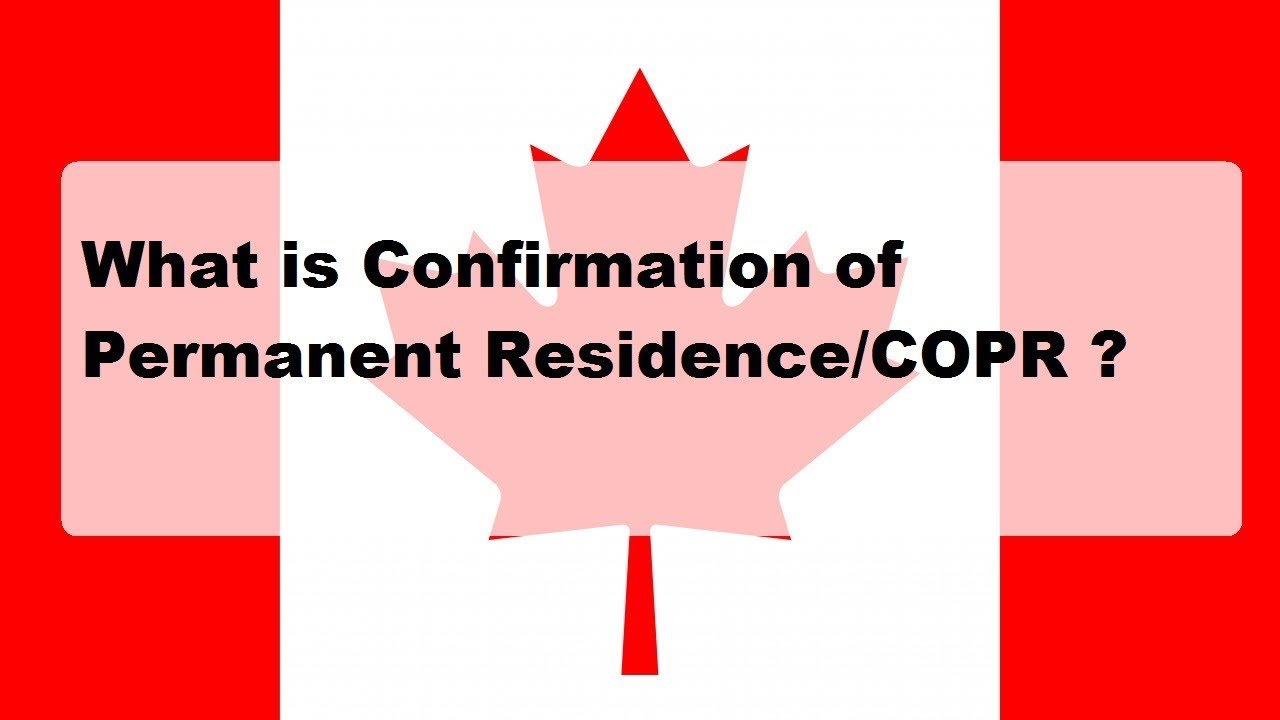Learning moments – Family Class sponsorship when the applicant is inside Canada and out of status
November 18, 2020
Hello, fellow practitioners!
Today’s question deals with how to handle a Family Class sponsorship when the applicant is inside Canada and out of status.
Question:
The applicant is an 80 years old lady who has been in Canada since 2013. She entered Canada with a valid visa, which she extended multiple times until she let her status expire. She has three sons in Canada who are Canadian citizens. Initially the idea was for one of them to sponsor mom, but he took so long in filing the application that the status expired for mom.
When the other son took over (my client) he did not want to file an H&C which had been suggested by previous counsel and by myself. He wanted to file a parental sponsorship application. We filed the parental sponsorship application July 2019 and filed a TRP application to overcome the inadmissibility of his mom. The parental sponsorship is in process while we just received the refusal of the TRP. I am
trying to find remedies to this case and the only thing I can think of is to submit H&C reasons to support the permanent residence application of the applicant under the parental sponsorship program.
Any advice would be greatly appreciated.
– Is it advisable to submit a new TRP application?
– Should the TRP decision be appealed?
– Are H&C submissions advisable at this point?
Answer:
The legal issue counsel faces here is the fact that the applicant is currently out of status and therefore non-compliant under s.41 of IRPA, which states as follows:
41 A person is inadmissible for failing to comply with this Act
· (a) in the case of a foreign national, through an act or omission which contravenes, directly or indirectly, a provision of this Act;
There is a line of thought that suggests a person inside Canada may not be inadmissible unless a s.44 Report is issued against them, but that discussion is outside the scope of this article and in any event it doesn’t make a difference to the strategy here, because the applicant is clearly out of status, in violation of the Act, which ideally needs to be resolved.
Although I don’t know all of the applicant’s personal circumstances, applying for a Temporary Resident Permit was likely a good approach. Under s.24 of IRPA:
24 (1) A foreign national who, in the opinion of an officer, is inadmissible or does not meet the requirements of this Act becomes a temporary resident if an officer is of the opinion that it is justified in the circumstances and issues a temporary resident permit, which may be cancelled at any time.
Therefore if the TRP application had been successful, it would have given temporary resident status to the applicant and she would no longer be out of status and in risk of being reported under s.44 IRPA.
There are a number of different solutions possible in this case. The simplest one from a legal perspective is to have the applicant leave Canada and cure her non-compliance. Once she departs Canada, she will no longer be non-compliant and the problem is solved. However, the applicant being 80 years of age, I realize that this might not be possible on a practical level.
If the applicant is unable to depart Canada, her non-compliance can only be cured by either pursuing the TRP option further (whether by reapplying or by challenging the refusal in the Federal Court) or by requesting humanitarian and compassionate discretion on her permanent resident application under s.25 IRPA. The strategy needs to be chosen and executed before a decision is made on the permanent residence application, because the application is currently in risk of refusal due to the applicant’s non-compliance. Given that the applicant filed her application in July, 2019 and it is now November, 2020, time is of the essence. The applicant could be decided any time.
I would not advise reapplying for a TRP without first being sure of the exact reasons for refusal. The applicant most likely received only a brief form letter which did not give detailed reasons for the rejection. Without a clear idea of what went wrong in the first application, it is impossible to resolve those issues and the applicant would just be shooting in the dark. One idea would be to file an Access to Information request to obtain the officer’s notes, which would disclose the complete rationale for the decision. However, that process is likely to take 60 days or more. At the same time, the limitation period for challenging the TRP refusal in the Federal Court is only 15 days from receiving the decision. I would definitely not advise the applicant to pass up the possibility to challenge the TRP refusal by allowing the limitation period to pass without action.
In this scenario, I would advise the applicant to preserve her right to proceed in Federal Court by at least filing an initial Application for Leave and for Judicial Review. Keep in mind that only a properly licensed lawyer is allowed to do this on the applicant’s behalf. In that Application, the applicant can request to be provided with a copy of the full decision and reasons of the officer, and the applicant’s deadline for filing next steps in the case is suspended until those reasons are duly received. Once reasons are received, the applicant can review them with the lawyer and decide whether there case has merit and it is worthwhile to proceed with the Federal Court matter, or whether it is better to discontinue that case and pursue other remedies (possibly to reapply for a TRP now that she has the reasons for rejection).
Whatever the results of the above analysis, I would concurrently add a humanitarian and compassionate submission to the existing permanent resident application without delay. If the applicant reapplies for a TRP or proceeds in the Federal Court, both of those options are likely to take many months to get a decision, and neither is guaranteed to succeed. In the meantime, a visa officer may decide to examine the permanent resident application, and you do not want your applicant to be non-compliant at that time without having requested H&C discretion.



